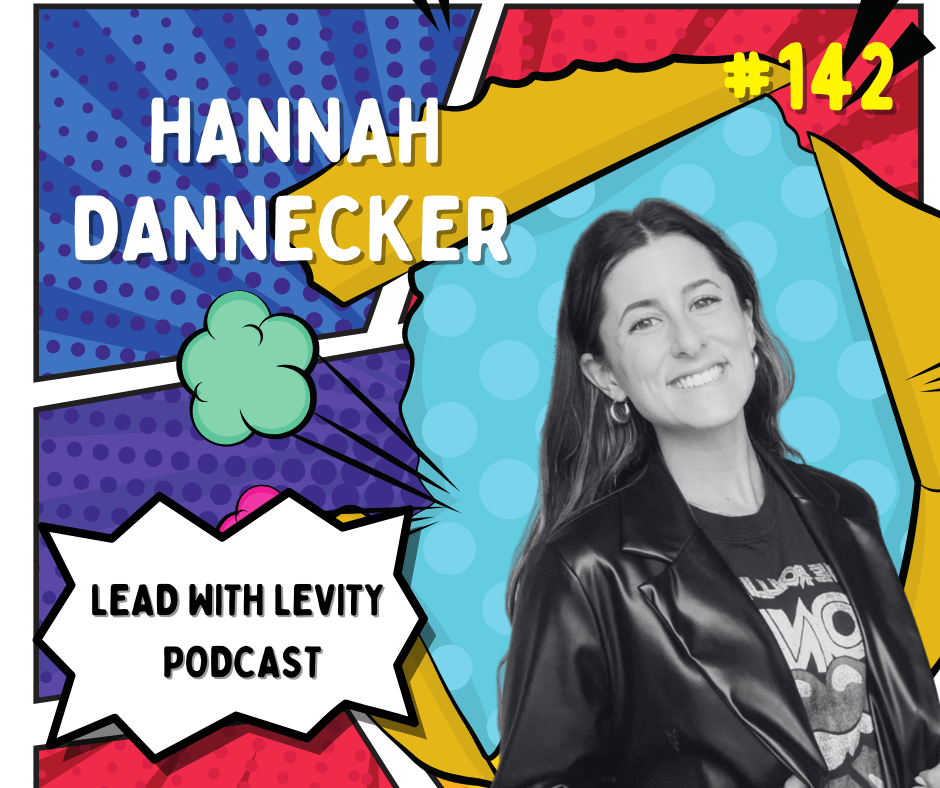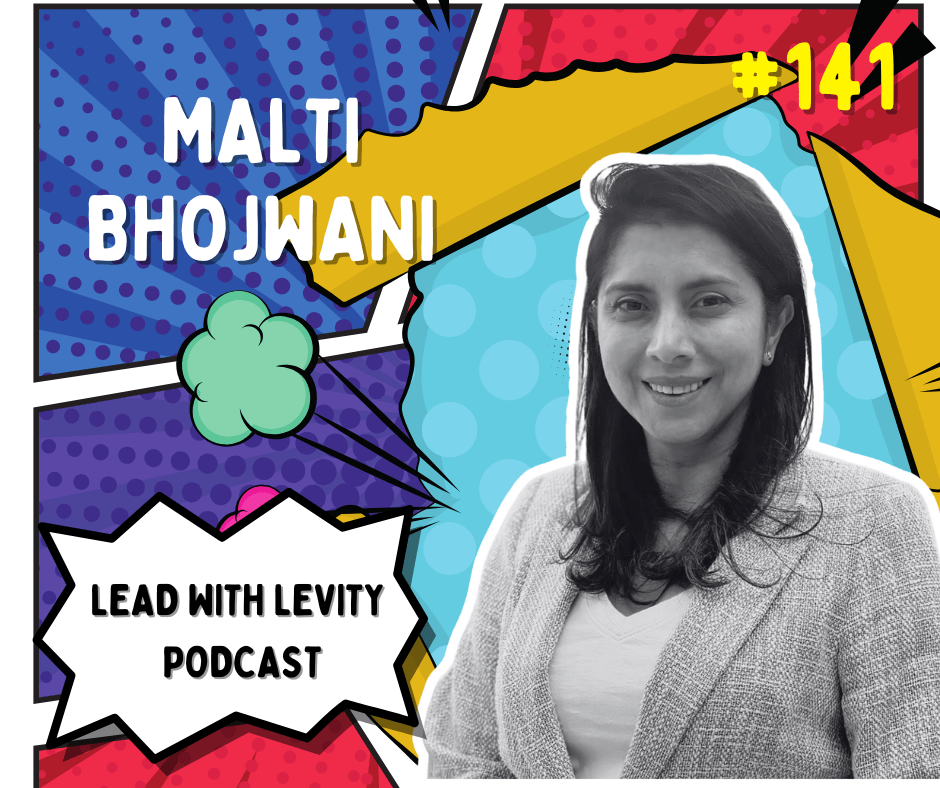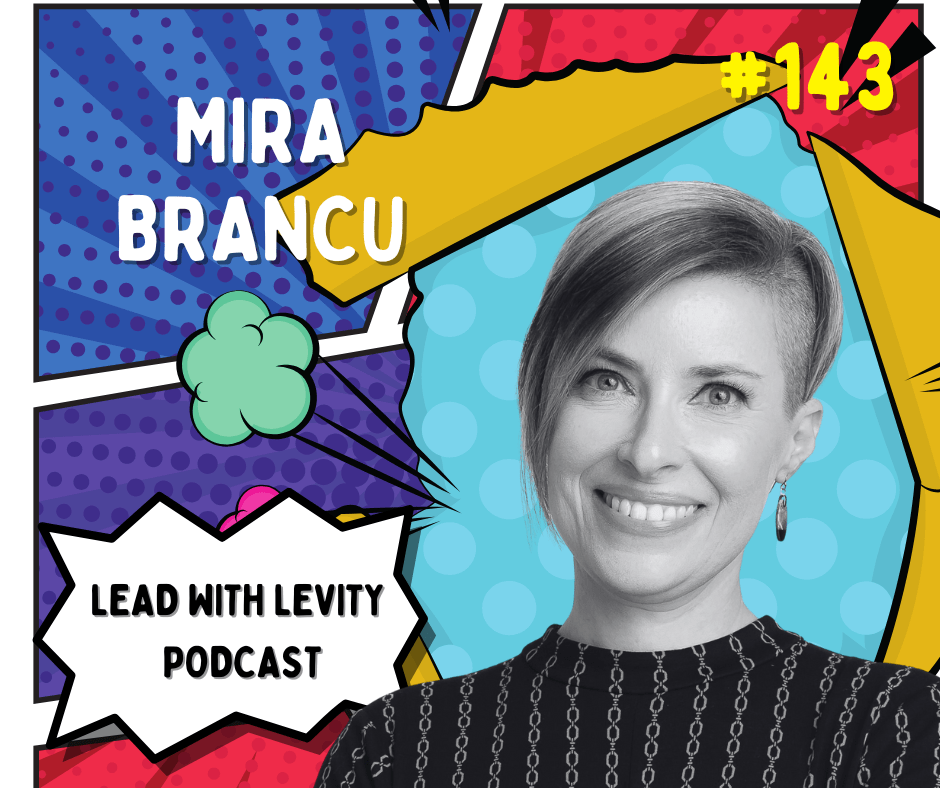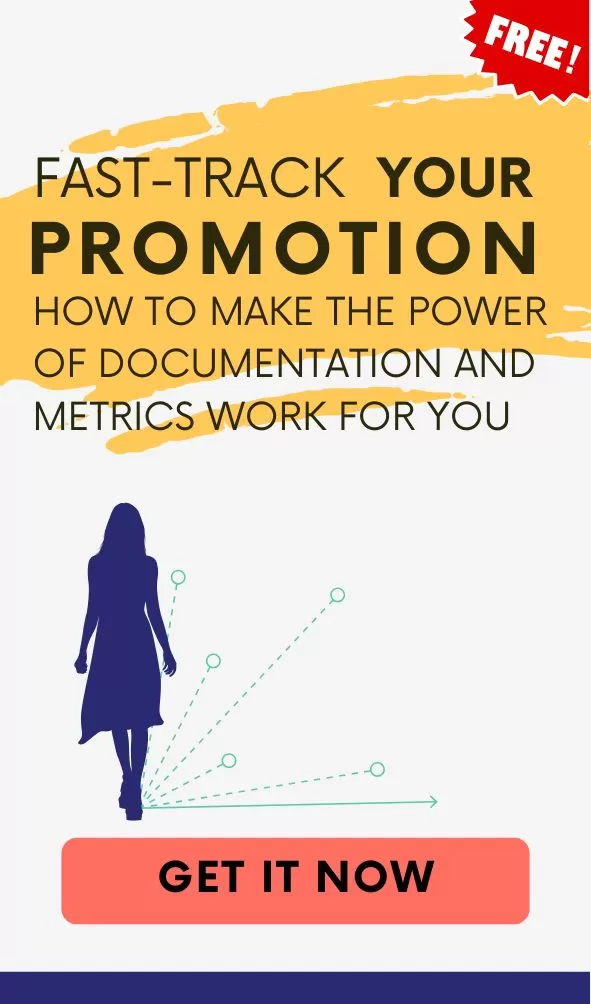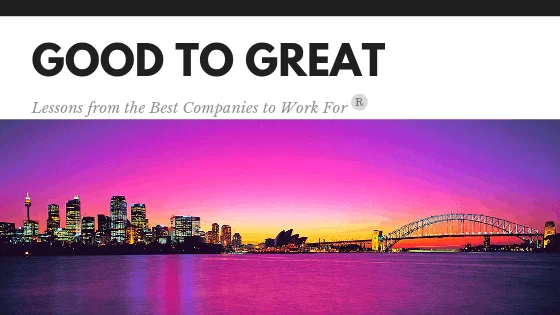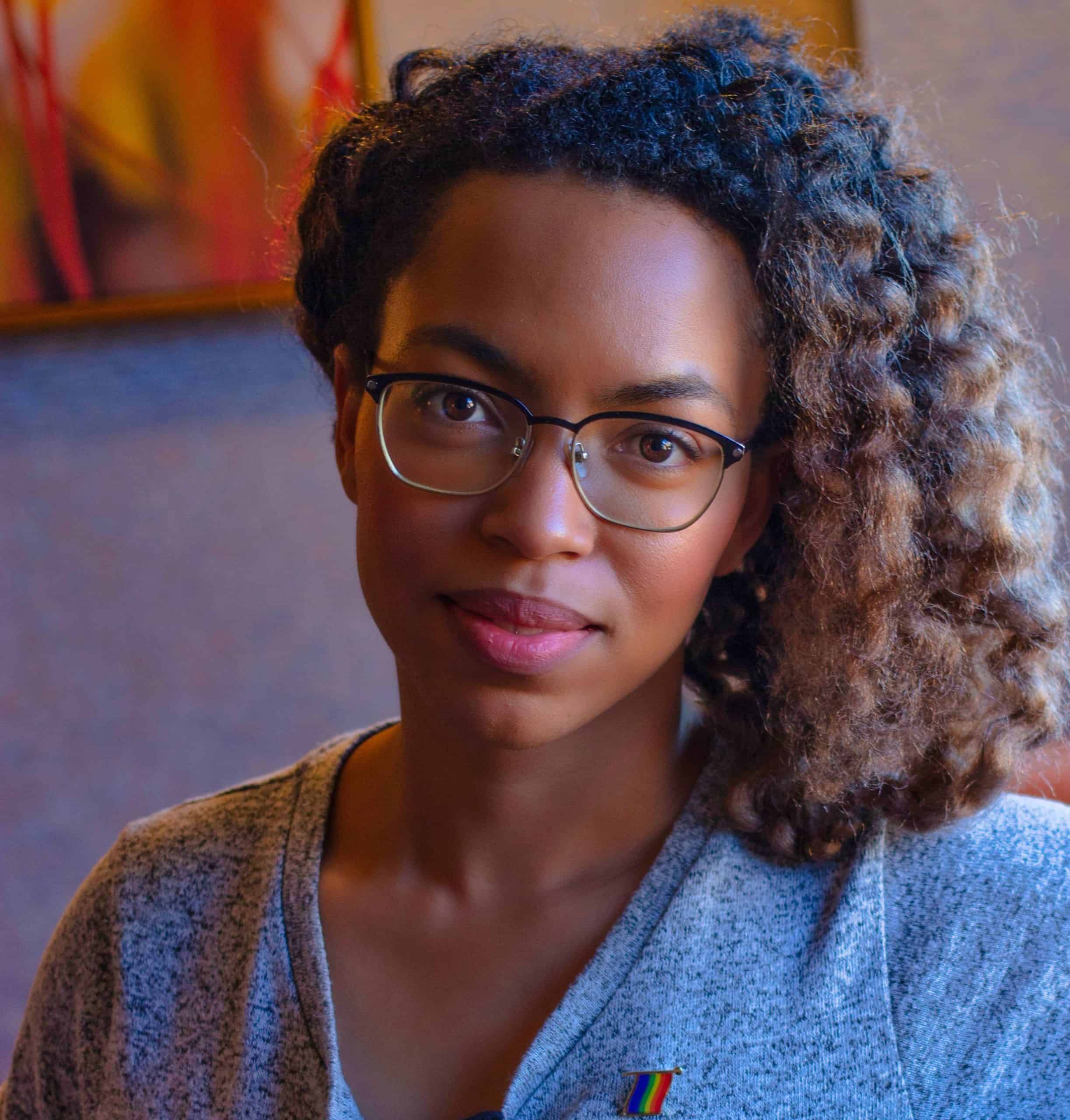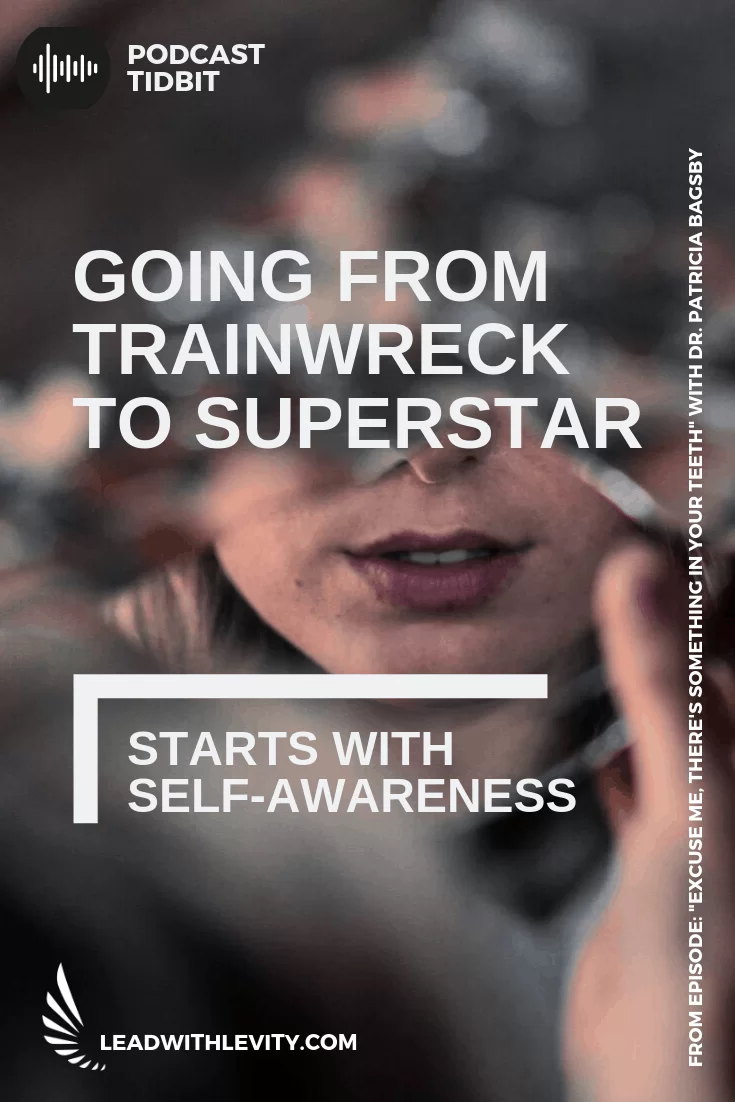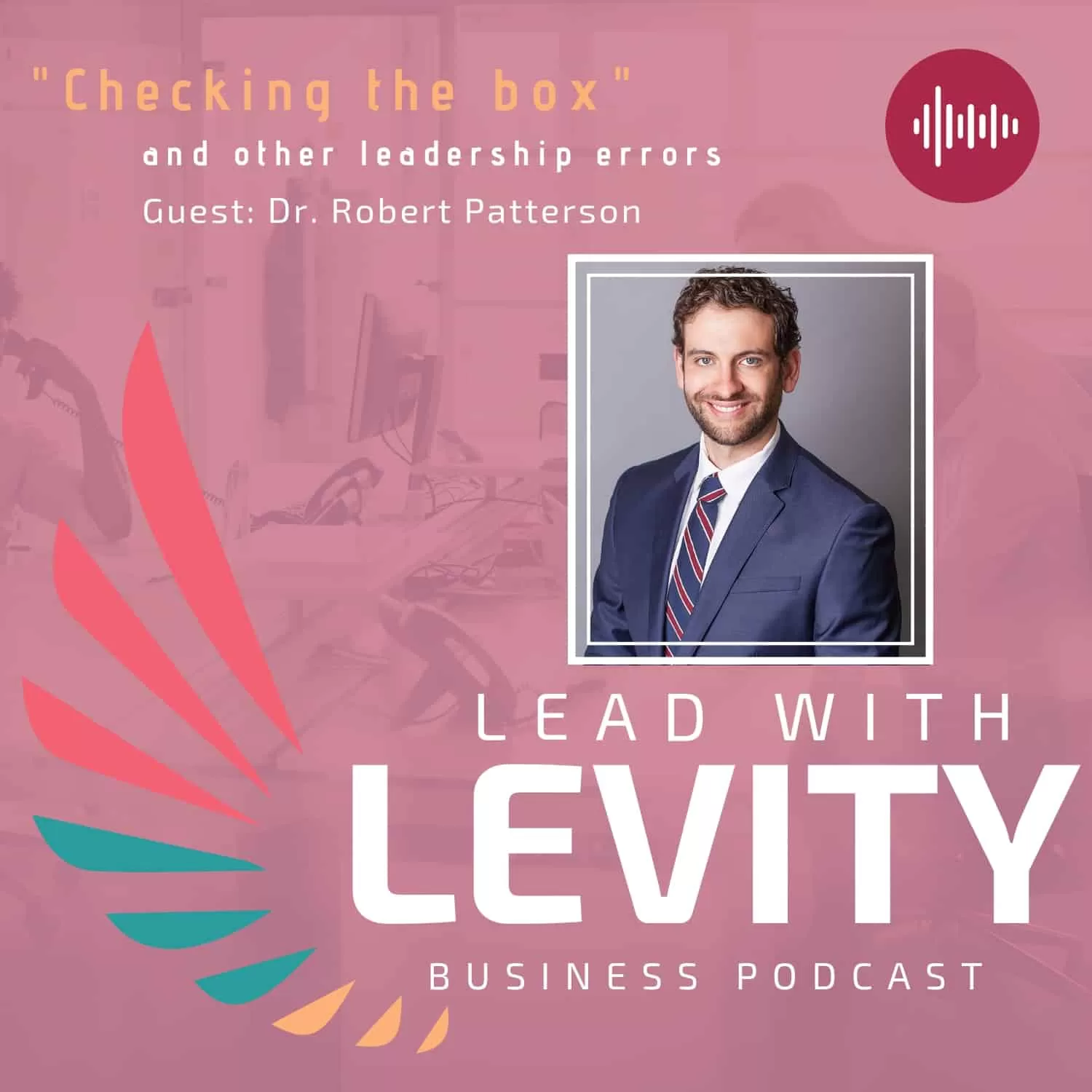In today’s rapidly evolving workforce landscape, understanding the unique needs and perspectives of Generation Z is crucial for fostering a harmonious and productive work environment. In a recent episode of the Lead with Levity podcast, hosted by Dr. Heather Walker, Hannah Dannecker, a Gen Z advocate and founder of the Better Together Group, shared her insights on connecting with Gen Z employees, dispelling misconceptions, and the importance of communication between generations.
Understanding Gen Z in the Workplace
One of the key topics addressed in the podcast was the common misconception that Gen Z is lazy. Hannah challenges this stereotype, explaining how Gen Z has adapted to a digital world, significantly influenced by the COVID-19 pandemic. She stresses the importance of understanding the context behind Gen Z’s behaviors and the need for employers to communicate and empathize with their experiences.

Building Connections: Overcoming Barriers
Hannah underscores that connection is where “magic happens.” She offers strategies for employers to bridge the gap by understanding generational differences and fostering an environment of mutual respect. By appreciating the technological comforts that Gen Z is accustomed to, such as remote communication tools, employers can better engage this generation’s talents.
Strategies for Effective Communication
Hannah provides practical advice on how to address the challenges of incorporating Gen Z employees into traditional work settings. She encourages managers to have open dialogues, sharing the value of in-person collaboration while being receptive to Gen Z’s preferences. The key is a combined approach that appeals to both parties’ realities, fostering a more cohesive workplace.
Dealing with Authority and Constructive Feedback
A crucial aspect Hannah discusses is the relationship between authority and Gen Z. With a wall built from experiences with influencers and authority figures, Gen Z may approach authority differently. Hannah highlights the importance of constructive feedback delivered through a lens of empathy, understanding, and patience, encouraging managers to engage in active listening.
Empowering Young Job Seekers
For young job seekers, especially those from Gen Z, Hannah offers guidance on navigating the job market. She recommends leveraging platforms like LinkedIn to build professional networks and skills. Her advice focuses on being comfortable in uncomfortable situations and recognizing one’s value as a candidate. With resources available through her organization, she provides young individuals with the tools to succeed.
Bringing Levity to Job Hunting
Hannah advocates for a balanced approach to job hunting, reminding candidates that finding the right job is as challenging as employers finding the right employee. By maintaining confidence and treating job hunting like a mutual selection process, young job seekers can approach the task with less stress and anxiety.
Conclusion and Future Endeavors
As the podcast concluded, Hannah excitedly shared news of her upcoming book series, Wonder Workshop, aimed at inspiring young minds about future careers. Her continued work aims to motivate both employers and employees to embrace open communication, understanding, and growth.

Final Thoughts
Hannah Dannecker’s conversation with Dr. Heather Walker brings to light essential insights for integrating Gen Z into today’s workforce. By fostering open dialogue and understanding generational differences, organizations can harness the full potential of Gen Z while preparing them for the challenges of a dynamic professional world. As we embrace these changes, the opportunity to learn from and with Gen Z becomes a shared journey of growth and understanding.

Hannah MacDonald Dannecker is the Managing Partner at the Better Together Group of Companies. As an author and public speaker she works to connect. She works to break through the barriers to connect generations with one another. She works to connect candidates and employers for better employment opportunities and she connects people to the information they need to help themselves make the choices that will benefit their own futures.
